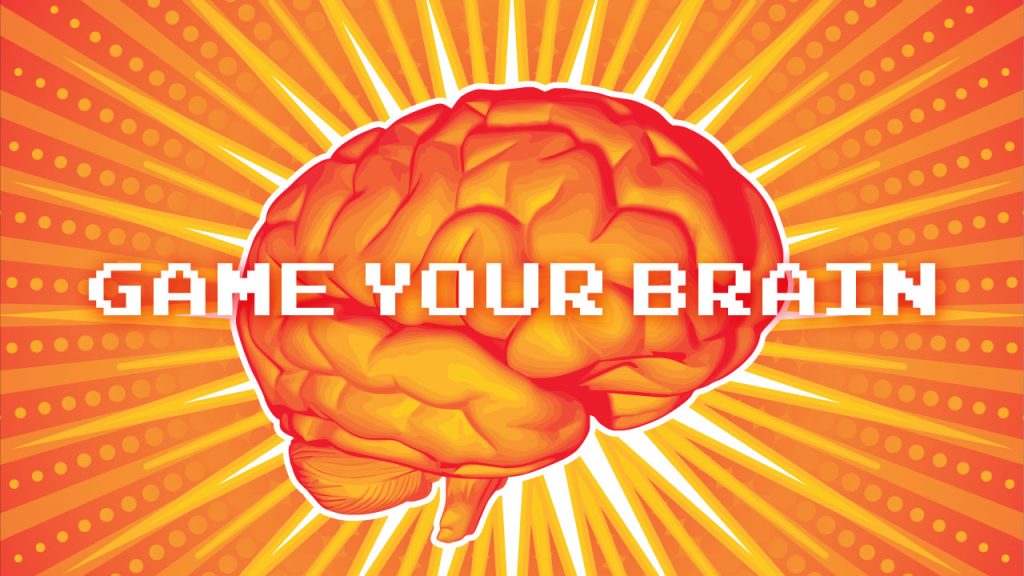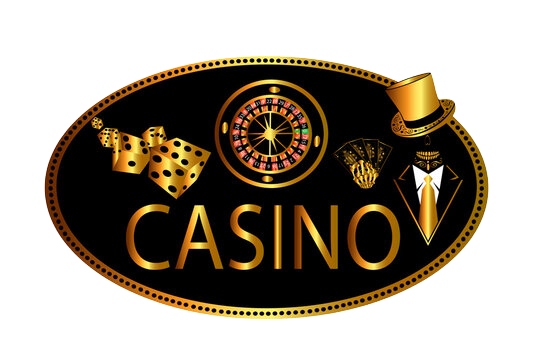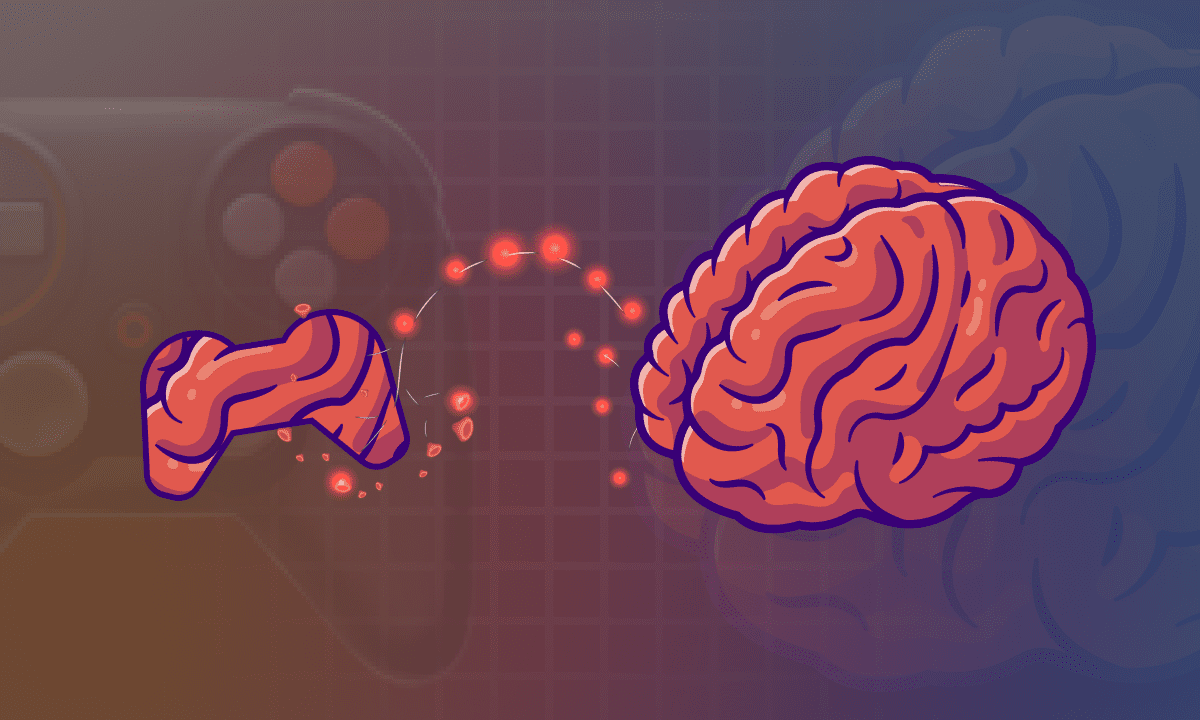In today’s fast-paced and interconnected world, gambling has become an increasingly popular form of entertainment for millions of people. However, beyond the thrill and excitement it offers, there is a growing concern about the potential effects of gambling on the human brain. In this comprehensive article, we delve into the intricate relationship between gambling and the brain, exploring the psychological and physiological impacts that arise from indulging in this activity.
Understanding the Mechanics of Gambling
How Gambling Affects the Brain
When an individual engages in gambling activities, it triggers a cascade of reactions within the brain. The anticipation and uncertainty associated with placing bets activate the brain’s reward system, releasing dopamine—a neurotransmitter closely linked to pleasure and motivation. This surge of dopamine creates a euphoric sensation, reinforcing the desire to continue gambling.
The Role of Risk and Reward
The brain is wired to respond to the concept of risk and reward. Gambling exploits this innate mechanism by offering the potential for substantial rewards, albeit with a certain degree of risk. This dynamic triggers the release of dopamine, which further reinforces the desire to engage in gambling behavior.
The Psychological Impact of Gambling
Addiction and Compulsive Behavior
One of the most significant concerns surrounding gambling is the risk of addiction. Problem gambling can lead to the development of a gambling disorder, which is characterized by persistent and recurrent patterns of gambling that disrupt various aspects of an individual’s life. Addiction to gambling has profound psychological implications, including increased stress, anxiety, and depression.
Cognitive Distortions and Biases
Gambling often involves a range of cognitive distortions and biases that can impact decision-making processes. These distortions may include the illusion of control, the gambler’s fallacy, and selective memory, among others. These cognitive biases can lead individuals to make irrational decisions, further exacerbating the negative consequences associated with gambling.

The Physiological Effects of Gambling
Stress and the HPA Axis
Engaging in gambling activities can elicit a stress response within the body, activating the hypothalamic-pituitary-adrenal (HPA) axis. The release of stress hormones, such as cortisol, can have detrimental effects on physical and mental well-being. Prolonged exposure to stress associated with gambling can contribute to various health issues, including cardiovascular problems and compromised immune function.
Sleep Disruptions
The excitement and unpredictability of gambling can disrupt an individual’s sleep patterns. Sleep disturbances, such as insomnia, can arise due to heightened arousal levels and excessive rumination about gambling-related matters. The lack of quality sleep further exacerbates the negative impact on cognitive functioning and emotional well-being.
Responsible Gambling Practices
Setting Limits and Budgeting
To mitigate the potential risks associated with gambling, it is crucial to establish responsible gambling practices. Setting limits on time and money spent on gambling activities can help individuals maintain control and prevent excessive indulgence. Additionally, creating a budget dedicated solely to gambling can provide a structured approach, minimizing the chances of financial strain.
Seeking Support and Treatment
For those experiencing difficulties in managing their gambling habits, seeking support and treatment is essential. Various resources, such as helplines, support groups, and professional counseling, are available to assist individuals in addressing the underlying causes of their gambling behavior and promoting healthier coping strategies.
Conclusion
Gambling has a multifaceted impact on the human brain, affecting both psychological and physiological processes. Understanding the intricate relationship between gambling and the brain is crucial for individuals, policymakers, and healthcare professionals alike. By fostering awareness, implementing responsible gambling practices, and providing adequate support, we can strive to minimize the potential negative consequences and promote a balanced approach to this form of entertainment.

